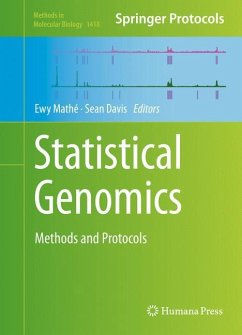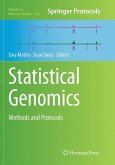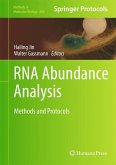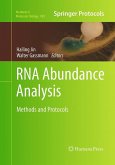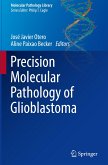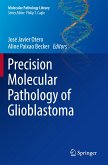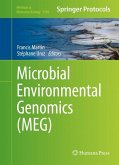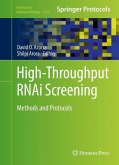This volume expands on statistical analysis of genomic data by discussing cross-cutting groundwork material, public data repositories, common applications, and representative tools for operating on genomic data. Statistical Genomics: Methods and Protocols is divided into four sections. The first section discusses overview material and resources that can be applied across topics mentioned throughout the book. The second section covers prominent public repositories for genomic data. The third section presents several different biological applications of statistical genomics, and the fourth section highlights software tools that can be used to facilitate ad-hoc analysis and data integration. Written in the highly successful Methods in Molecular Biology series format, chapters include introductions to their respective topics, step-by-step, readily reproducible analysis protocols, and tips on troubleshooting and avoiding known pitfalls.
Through and practical, Statistical Genomics: Methods and Protocols, explores a range of both applications and tools and is ideal for anyone interested in the statistical analysis of genomic data.
Through and practical, Statistical Genomics: Methods and Protocols, explores a range of both applications and tools and is ideal for anyone interested in the statistical analysis of genomic data.
"This collection of articles offers a thorough overview of the field, making it an opportune and useful addition to the literature. The book is written in an accessible language and the variety of the topics which are presented recommends it as an excellent starting point or updated reference of the field. It is suitable for both post-graduate and established researchers, and the numerous examples that accompany the discussed topics recommend it as an asset." (Irina Ioana Mohorianu, zbMATH 1346.92003, 2016)

